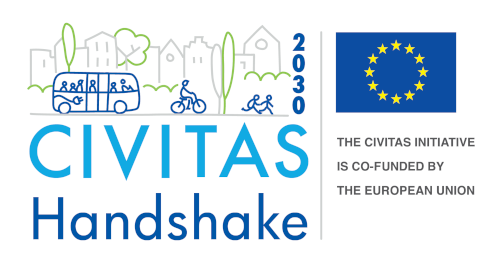'Cycling Cities: Cargo bikes for the last mile' is the newest webinar from Interreg Europe's Policy Learning Platform, as a part of its cycling cities series. The webinar series aims to support cities and regions in designing policies to foster urban cycling.
In this next webinar, the focus of the conversation will shift towards cargo bikes, and how they can be utilised in last mile logistics and transport.
Policy makers, urban planners and clean mobility managers, will have the chance to discover principles for setting up cargo bike hubs and how to design policy framework for last mile cargo bike deliveries in city centers. Financial support schemes for the purchase of cargo bikes, strategies to build e-cargo bike fleets and e-cargo bike lease schemes for SMEs will also be showcased.
Attendees can expect to hear from the following experts:
- Dr. Tom Assmann, Researcher at the Otto von Gericke University Magdeburg, Faculty of Mechanical Engineering, Institute for Logistics and Materials, will shed light on planning principles for cargo bike hubs.
- Gordana Kolesarič, Senior Adviser at City of Maribor (Slovenia), will speak about last mile urban deliveries by cargo bikes in the Maribor city centre (RESOLVE).
- Frank Adenstedt, Project Officer at the Landkreis Grafschaft Bentheim (Germany), will illustrate a financial support scheme for the purchase of cargo bikes (PE4TRANS).
- Hayley Roche, Senior Transport Planner (Cycling, walking and smarter travel), Milton Keynes Council (United Kingdom), will focus on an e-cargo bikes lease scheme for businesses and how e-cargo bikes can help building a greener, more circular and just society (INTENSIFY).
Register for the free event here.
16 September, 14:00-15:30 CET
Image (Unsplash, Mika Baumeister)

